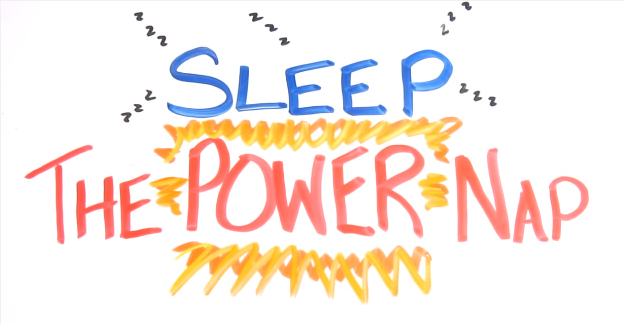Napping Like A Pro: The Science (And Art) Of Taking The Perfect Midday Snooze

When you’re at your most sluggish, it may feel incredible to finally close your eyes and forget about the world for an hour or two. But a growing body of research suggests marathon napping sessions can’t help but make you feel more tired. What you want is to wake up feeling reenergized and alert, and for that, scientists argue the “perfect nap” is a short nap.
It’s counter-intuitive to think that a shorter nap can make you feel more alert than a longer one. You’re getting less sleep, after all. But when it comes to rest, it’s quality over quantity. Our bodies naturally undergo a patterned cycle of sleep, broken up into four stages that repeat throughout the night. Nap too little, and you won’t give your body time to recharge. Nap too long, and you risk pushing into the deeper cycle of sleep.
Finding the sweet spot is key, and it occurs right at the end of the second stage of sleep — or around the 30-minute mark. One 1995 study conducted by NASA showed that 26 minutes of sleep improved performance by 34 percent and alertness by 54 percent. Subjects’ memories improved and, importantly, they felt less tired.
Anything over the 30-minute threshold ups your risk for falling into the deeper stages of sleep, stages two and three. You may have experienced this — falling asleep for an hour only to wake up groggier than when you began. It’s called “sleep inertia.” Essentially, your brain started shutting down the same cognitive processes you sought to recharge. You wake up lacking fine motor control and find being awake too tiring, which is why you typically fall back asleep.
If you find yourself begrudging naps, consider the point of taking them in the first place: to wake up. Sleep is our bodies’ built-in way of boosting brain power. Is donating 26 minutes to the cause asking too much?



























